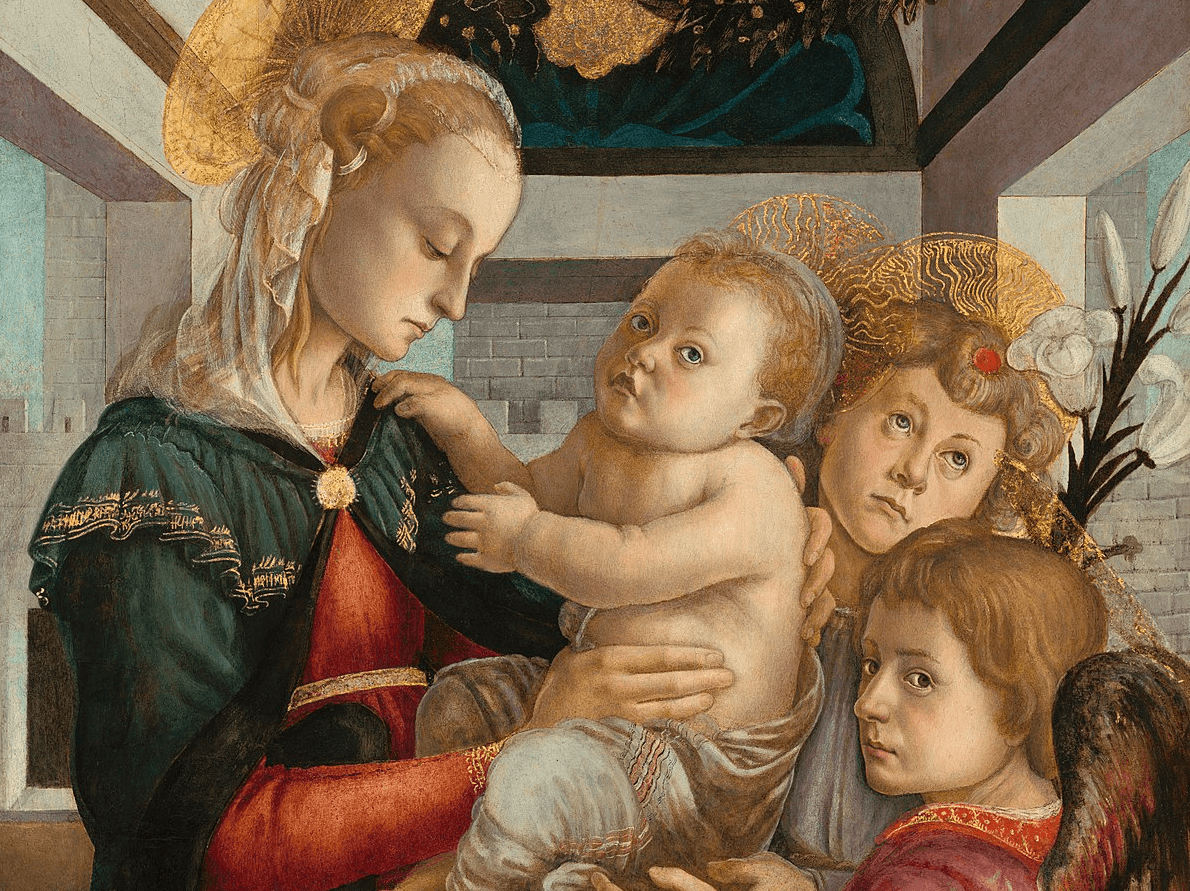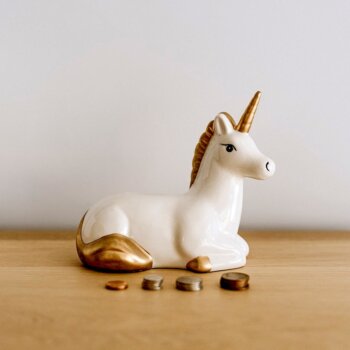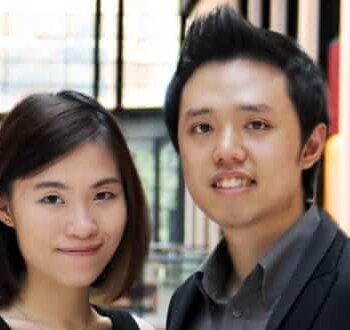Key Takeaway:
Anti-natalism is a philosophical view that it is ethically wrong to bring anyone else into being, focusing on worries about suffering and choice. It is not an exclusively modern attitude, but it is based on ancient Greek playwright Sophocles’ belief that life contains far more suffering than good. Contemporary arguments focus on the asymmetry between pain and its absence, suggesting that the absence of pain is good but not the only way to prevent suffering. Critics argue that having children is part of the ethical picture, and rejecting parenthood has no place within a good society. Parenthood involves seeing a child grow and mature, finding meaning, and binds a good society together. Focusing on the lack of choice exercised by a nonexistent, unborn human bypasses philosophical puzzles and overlooks the role of the female body in creating all humans.
Parenthood has traditionally been considered the normal outcome of growing up. A side effect of reaching maturity. Across Europe and the US, only 10%-20% of adults remain childless or (more positively) child free. In some cases, this is accidental. People wait for an ideal time that never arrives – and then it is too late.
Anti-natalism is the philosophical view that it is ethically wrong to bring anyone else into being. The justifications draw upon worries about suffering and choice. And it’s not an exclusively modern attitude. The ancient Greek playwright Sophocles, writing at the end of the 5th century BC, tells us that it is “best of all” not to have been born, because life contains far more suffering than good.
Contemporary anti-natalist arguments add a nuance by focusing on an asymmetry between pain and its absence. The absence of all pain is good, but this good can only be achieved through not bringing anyone into existence at all. The presence of pain is bad, and it is always part of life. So why forego the certainty of a good thing for the certainty of many bad things?
Philosopher David Benatar presents the best known contemporary argument along these lines in his 2006 Sophocles-inspired book, Better Never to have Been:
It is curious that while good people go to great lengths to spare their children from suffering, few of them seem to notice that the one (and only) guaranteed way to prevent all the suffering of their children is not to bring those children into existence in the first place.
Other versions of anti-natalism focus instead upon the fact that nobody chooses to exist. Existence is thrust upon us. Inconveniently, this suggests that the vast number of teenagers who tell their parents: “I didn’t ask to be born”, may in fact be budding philosophers.
The problem with anti-natalism
Anti-natalist arguments can sound like something from Oscar Wilde, rather than practical guidance for life. This makes them difficult to challenge. However, one popular response is to say that a refutation is unnecessary.
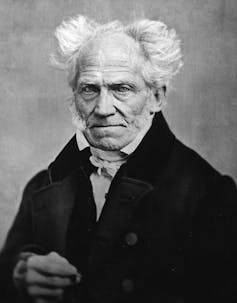
Having children is part of the canvas on which ethics is painted, rather than part of the picture. The ethical picture can change, but the canvas is not optional. It holds our way of human life in place. Individuals can choose to procreate or not to procreate, but rejecting parenthood entirely has no place within a good society.
Critics find this response evasive. Many of us also wonder why humans are drawn toward parenthood and what we might be missing if we choose not to procreate. Schopenhauer answers the “why” question in The World as Will and Representation (1818) by claiming that biology overrides sound judgement and tricks us into producing the next generation.
But is it really a trick? After all, there do seem to be some important good things bound into parenthood.
The philosophical benefits of parenthood
Plato’s Lysis struggles to identify these good aspects of parental care. His central character, Socrates, gives some young men a hard time when they cannot identify what benefit they bring to their parents. What they fail to recognise is that the goods of parenthood involve seeing a child grow and mature – and finding meaning in the process.
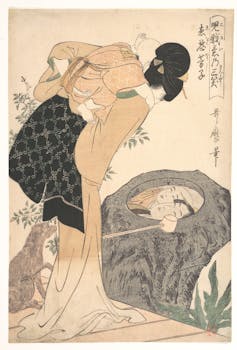
This recognition of the role played by care for others is also present in many religious traditions – particularly in the ways that they address life’s sufferings.
Buddhists celebrate the rebirth of enlightened humans into a world of suffering in the hope that they may help other beings.
Confucians highlight that, across generations, children can care for parents and grandparents.
In both cases, care binds a good society together, in ways that sustain social hope. In contemporary social economy, the younger generation of taxpayers supports older generations as well as childcare.
While non-existence would avoid may bad things, new humans carry the possibility of making the future better than the past. Losing such hope for the future would be terrible all round.
Focusing instead on the lack of choice exercised by a nonexistent, unborn human generates interesting philosophical puzzles, but bypasses what runs philosophically deep. Such as the wonder that the female body is where the creation of all humans happens – the place where every pianist, pickpocket and anti-natalist starts out.
The female power to give birth also counteracts complex forms of sociocultural control and sets in motion practical problems: who will become family members of a new human? Will relatives and our wider society care in the right ways?
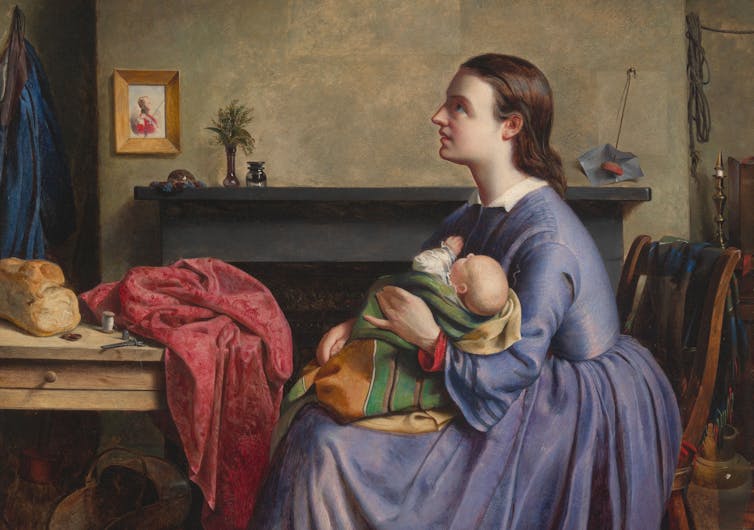
Women must make the final decision about giving or not giving birth. At the same time, to give life a sense of meaning, we share our lives with friends, life partners, and children. Disappointment, joy and loss are part of the package. Even Schopenhauer, who spurned parental love, felt the need to lavish care upon his beloved dog.
We can love and find meaning without having children. But parenthood is one of our more entrenched ways of trying to live meaningful lives. For some, there may be no other workable path. Personal histories can lead any of us to feel incomplete without children. More disturbingly, it can lead people to feel like failures if they remain childless. And that, surely, is a bad thing.
